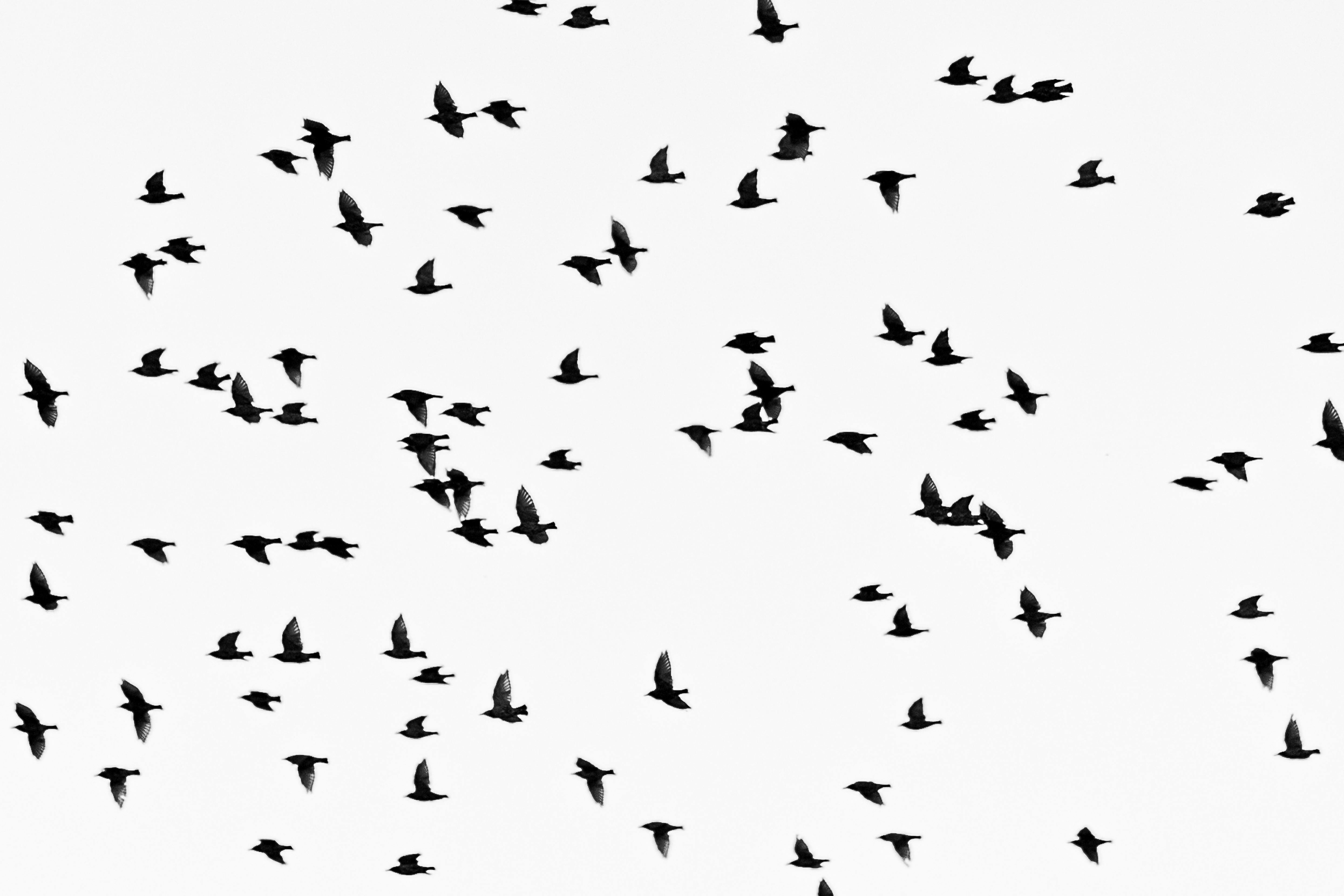Introduction
Into the Wild by Jon Krakauer is a haunting and deeply thought-provoking nonfiction narrative exploring the true story of Christopher McCandless, a young man who, in 1992, walked into the Alaskan wilderness and never returned. Krakauer, who first wrote about McCandless for Outside magazine, expands his reporting into a book that blends biography, adventure writing, and personal reflection. The book is far more than a survival story; it is a piercing examination of freedom, idealism, and the dangerous pull of the wild.
Plot
The book reconstructs the final two years of Chris McCandless’s life after he graduates from Emory University. Rejecting his comfortable, middle-class upbringing and disillusioned with materialism, Chris donates his savings to charity, abandons his possessions, and begins a cross-country journey under the name “Alexander Supertramp.” Krakauer meticulously pieces together Chris’s route through interviews, letters, photos, and the remnants of his journal.
McCandless’s journey takes him through the American West, Mexico, and finally to Alaska, where he plans to live off the land. Unfortunately, his romantic vision collides with harsh reality, and he is found dead in an abandoned bus near Denali National Park, having apparently succumbed to starvation. Krakauer does not stop at the facts; he probes deeper, exploring Chris’s motivations and comparing them with those of other adventurers throughout history.

Themes: Freedom vs. Recklessness
One of the book’s central themes is the tension between the longing for absolute freedom and the dangers of reckless idealism. Chris’s quest to escape society is undeniably courageous, even admirable — he dreams of living a purer, more authentic existence, free from modern conventions. However, Krakauer does not romanticize his choices. Chris’s lack of preparation, overconfidence, and refusal to listen to experienced outdoorsmen are depicted with honesty.
Krakauer also draws parallels to his own youthful obsessions with risk-taking in the wilderness, highlighting how thin the line can be between noble freedom and tragic hubris. In this way, Into the Wild becomes not just a biography, but a meditation on why some people are willing to risk everything in pursuit of transcendence — and whether society should celebrate or criticize them.

Writing Style
Jon Krakauer’s writing is clean, vivid, and engaging. He has the skill of making journalistic research feel as compelling as a novel. Krakauer blends factual reporting with personal reflection and historical context, often pausing to analyze why McCandless made certain decisions.
His portraits of the landscapes Chris travels through — deserts, rivers, forests, and, of course, the Alaskan wilderness — are atmospheric and alive. The narrative jumps between timelines and perspectives, but never feels disjointed. Krakauer’s voice is empathetic without being sentimental, which allows the reader to form their own conclusions about Chris’s actions.
Some readers have critiqued Krakauer for inserting too much of himself into the story, especially when he parallels Chris’s experiences to his own youthful climbs. Personally, I found these sections added welcome depth, showing that the impulse to test one’s limits is widespread, not unique to Chris
Character Portrayal
Chris McCandless emerges as a complex, contradictory, and unforgettable character. Through interviews with friends, family, and the people he met on the road, Krakauer shows a young man who was charismatic, intelligent, and principled, yet also stubborn and sometimes naive.
McCandless’s relationship with his parents is portrayed with particular sensitivity, revealing a family dynamic marked by secrets and disappointment. While it is easy to blame Chris for his mistakes, Krakauer encourages us to consider how family conflict and youthful idealism combined to push him toward his fatal adventure.
Supporting characters — such as the lonely retiree Ron Franz, who tried to adopt Chris as a grandson, or Jan Burres, the drifter who took him in — are equally well-drawn, adding layers to Chris’s story and showing how he affected others during his odyssey.
Verdict
Into the Wild is a beautifully crafted, deeply empathetic examination of a young man’s dream and its tragic ending. Jon Krakauer strikes a careful balance between admiring Chris’s courage and acknowledging the danger of his illusions. The book forces readers to ask uncomfortable questions: What does it mean to live authentically? Is it better to play it safe, or to chase a dream even if it costs you your life?
Krakauer doesn’t preach or provide easy answers, which makes the book resonate long after you close the final page. If you are drawn to stories about the boundaries of human endurance, the call of the wild, and the search for meaning, this book will stay with you

